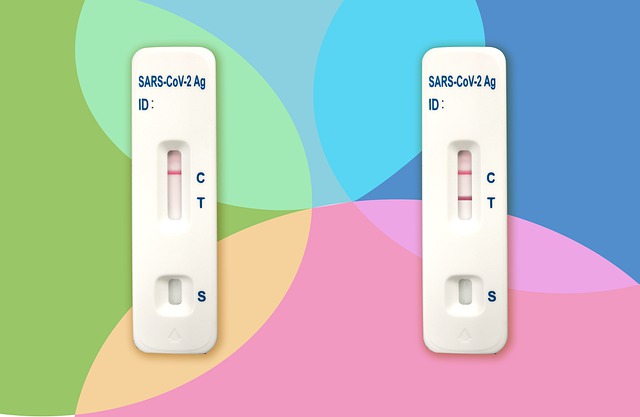Doctors in the UK use the Standard Liver Blood Test (SLBT) to check ferritin levels, which indicate iron storage. Normal ferritin concentrations suggest adequate iron reserves, while low levels signal iron deficiency anaemia. This test helps diagnose and assess the severity of iron deficiencies, guiding appropriate treatment for optimal health. Ferritin levels normally range from 12-150 mcg/L, with severe deficiency below 20 mcg/L and mild to moderate deficiency between 20-100 mcg/L. Consulting a healthcare professional ensures accurate interpretation.
“Ferritin level testing plays a crucial role in diagnosing iron deficiency, a common nutritional disorder. This simple yet powerful tool, often included in standard liver blood tests in the UK, measures the body’s stored iron reserve. Understanding ferritin levels is essential for healthcare professionals as it helps identify individuals at risk of anaemia and ensures timely intervention. This article delves into the significance of ferritin testing, explaining when doctors order such tests and how to interpret results, enabling better management of iron deficiency.”
- Understanding Ferritin Levels in Blood
- When and Why Doctors Order Ferritin Tests
- Interpreting Results of Ferritin Level Testing
Understanding Ferritin Levels in Blood

Ferritin is a protein that stores and releases iron as needed by the body, making it an essential marker for evaluating iron levels. Understanding ferritin levels in blood is crucial, especially when assessing potential iron deficiency. A standard liver blood test (SLBT), commonly performed in the UK, includes measuring ferritin concentrations. Normal ferritin levels indicate sufficient iron reserves, while low levels can signal iron deficiency anaemia.
During a SLBT, healthcare professionals check for ferritin to assess liver health and rule out conditions that may impact iron absorption or storage. This simple test provides valuable insights into an individual’s overall iron status, helping to identify and address iron deficiency early on.
When and Why Doctors Order Ferritin Tests

Doctors often order ferritin tests as part of a standard liver blood test UK, particularly when they suspect iron deficiency or anaemia. Ferritin is a protein that stores iron in the body, and its levels can provide valuable insights into an individual’s overall iron status.
The decision to conduct a ferritin test is driven by symptoms such as fatigue, weakness, pale skin, shortness of breath, and dizziness. By analysing ferritin levels, healthcare professionals can accurately diagnose iron deficiency, which is a common nutritional deficiency globally. This simple test helps in determining the severity of the condition and guiding appropriate treatment, ensuring optimal health and addressing any potential iron-related issues.
Interpreting Results of Ferritin Level Testing

When interpreting results of ferritin level testing, it’s important to understand what each value means in the context of iron deficiency. A standard liver blood test (SLBT) in the UK often includes ferritin levels as an indicator of overall iron stores. Normal ferritin levels typically range from 12 to 150 micrograms per litre (mcg/L). If your result falls below this range, it may suggest iron deficiency, as ferritin is a protein that helps store iron in the body.
Levels below 20 mcg/L are generally considered very low and indicative of severe iron deficiency. Values between 20 and 100 mcg/L might point to mild or moderate iron deficiency. However, it’s crucial not to solely rely on ferritin levels as the sole indicator of iron status. Other factors such as inflammation, liver disease, or recent blood loss can also affect ferritin readings. Consulting with a healthcare professional is essential for accurate interpretation and appropriate treatment recommendations.
Ferritin level testing plays a vital role in diagnosing iron deficiency, which is prevalent across various demographics. By understanding ferritin levels and interpreting test results, healthcare professionals can effectively navigate this health landscape. In the UK, where a standard liver blood test often includes ferritin measurement, awareness of these markers empowers individuals to take proactive steps towards optimal iron balance. Remember that regular check-ups and informed discussions with your doctor are key to maintaining overall well-being.
